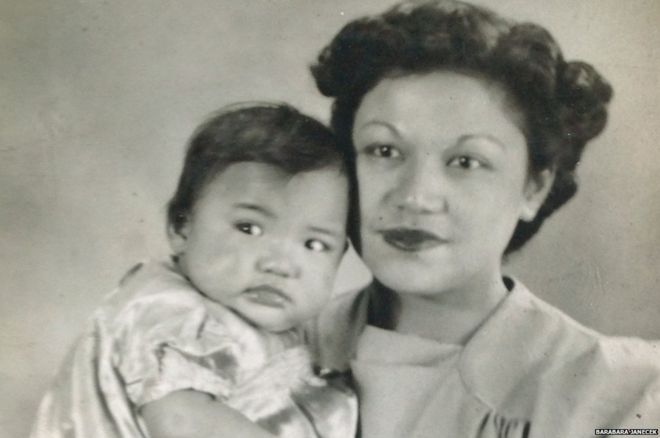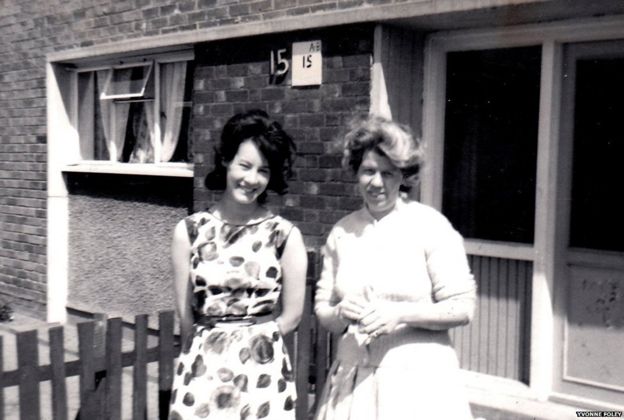Call for Papers: Negotiating Identities: Mixed-Race Individuals in China, Japan, and Korea
University of San Francisco Center for Asia Pacific Studies
2130 Fulton Street
San Francisco, California
2015-07-09

Negotiating Identities: Mixed-Race Individuals in China, Japan, and Korea, April 14-15, 2016
The University of San Francisco Center for Asia Pacific Studies is pleased to announce the call for papers for “Negotiating Identities: Mixed-Race Individuals in China, Japan, and Korea” a conference to be held at the University of San Francisco on Thursday and Friday, April 14-15, 2016.
The highlight of the conference will be a keynote address by Emma Teng, Professor of History and Asian Civilizations, Massachusetts Institute of Technology (MIT).
With this conference, the Center plans to provide a forum for academic discussions and the sharing of the latest research on the history and life experiences of mixed-race individuals in China, Japan, and Korea. The conference is designed to promote greater understanding of the cross-cultural encounters that led to the creation of interracial families and encourage research that examines how mixed-race individuals living in East Asia have negotiated their identities. Scholars working on the contemporary period are also welcome to apply.
All participants will be expected to provide a draft of their paper approximately 4 weeks before the conference to allow discussants adequate time to prepare their comments before the conference.
Participants will be invited to submit their original research for consideration in the Center’s peer-reviewed journal, Asia Pacific Perspectives.
Interested applicants should e-mail (by September 15, 2015) the following to centerasiapacific@usfca.edu, subject line, “Multiracial Identities in Asia”:
- 300 word (maximum) abstract
- Curriculum Vitae
Please share this call with any scholars that may be interested.
Contact for Questions:
Melissa S. Dale, Ph.D.
Executive Director & Assistant Professor
University of San Francisco Center for Asia Pacific Studies
mdale3@usfca.edu






